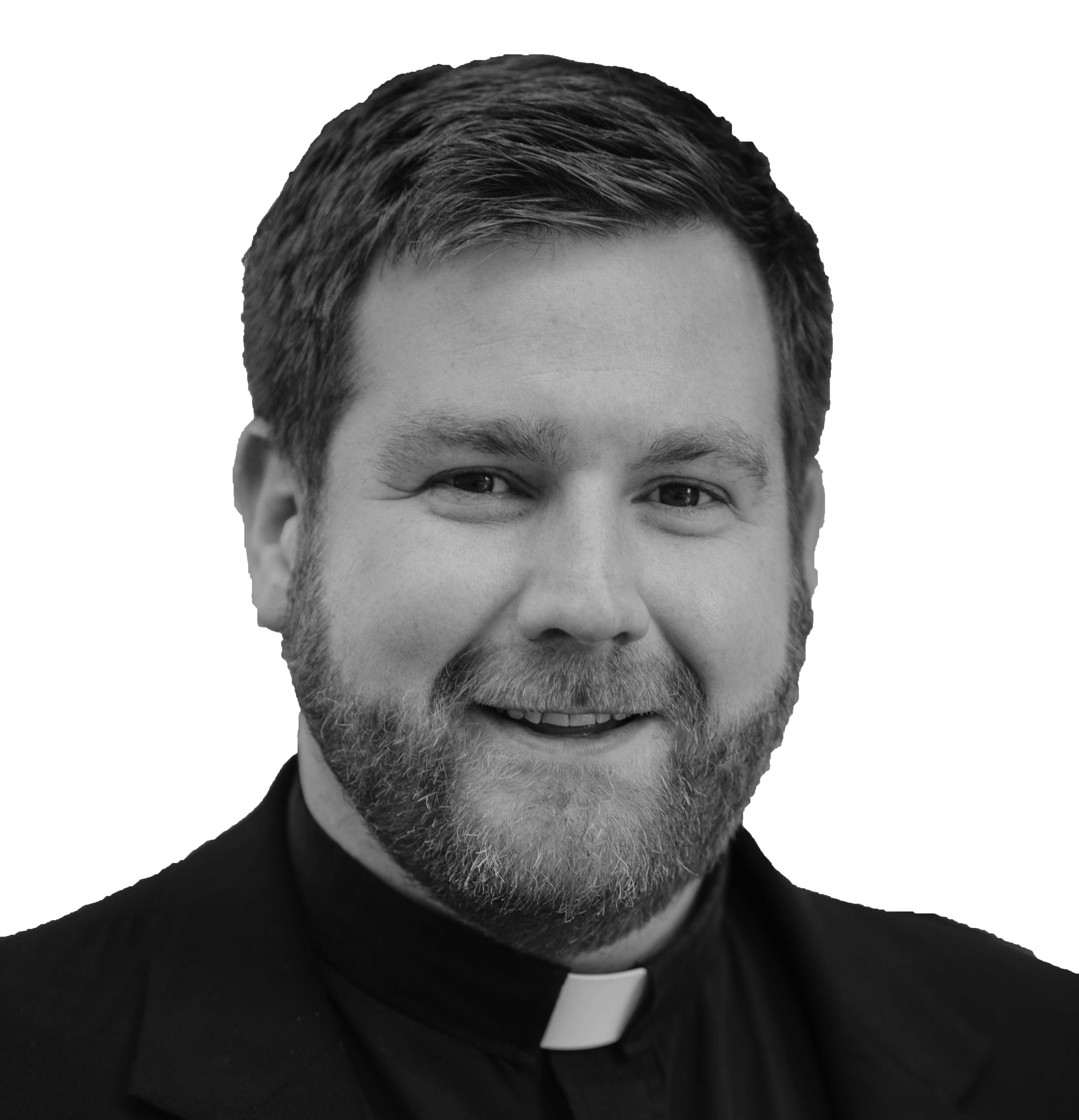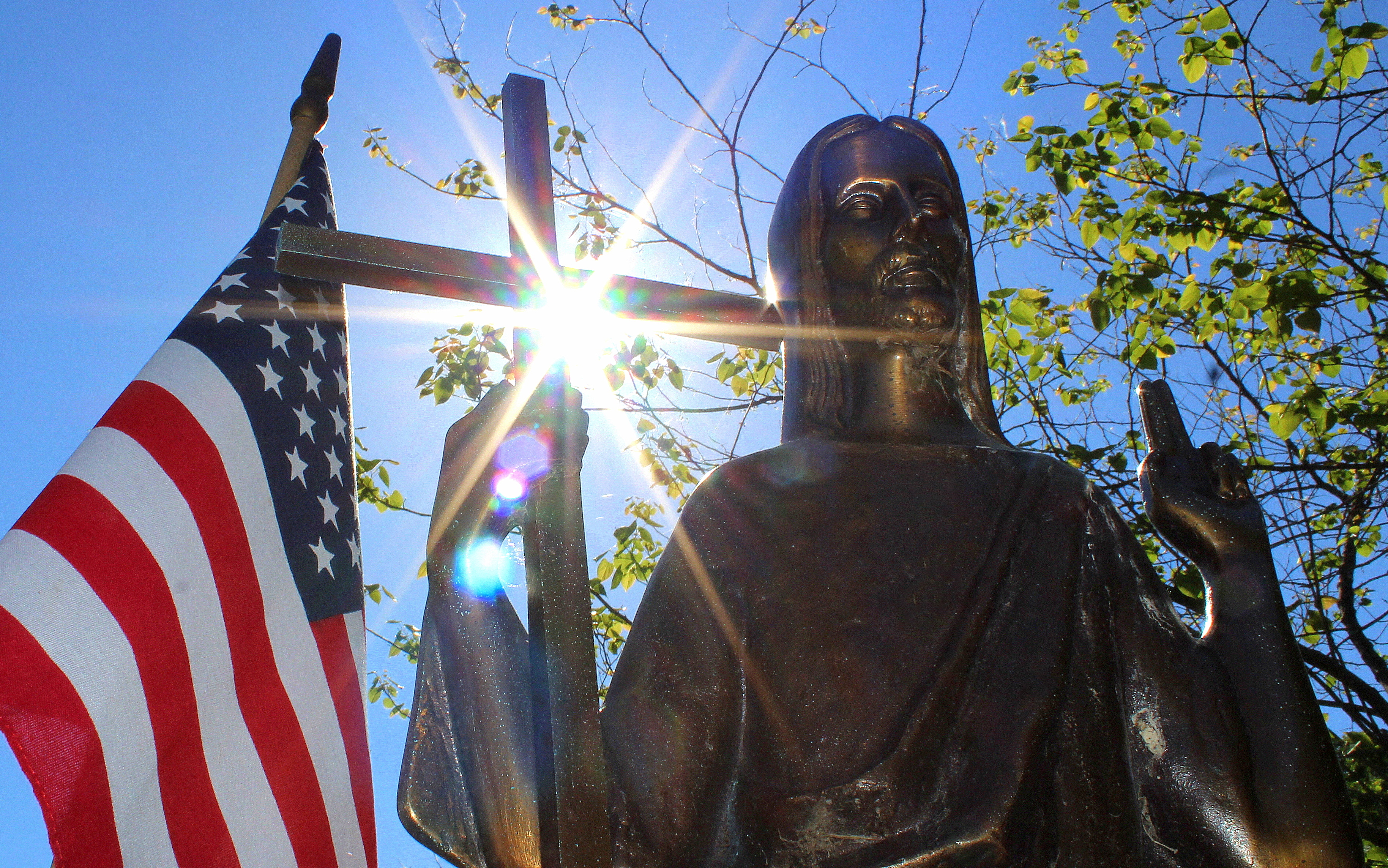As our nation celebrates the day of her independence, it is natural for our minds to turn to thinking about our freedom. Perhaps this year we are especially grateful for our freedom after months of quarantine and with the threat of the COVID-19 pandemic not quite past.
There is hardly a virtue of which we Americans are more proud than our freedom. As Catholic Americans, our understanding of freedom does not simply come from the Declaration of Independence or any legal decision. We know that human freedom is rooted in our human dignity and is rightly recognized in our country’s founding documents as an “inalienable” right.
When St. John Paul II came to the United States on one of his pastoral visits, he spoke of this nature of freedom in the context of the American experiment: “America has always wanted to be a land of the free. Today, the challenge facing America is to find freedom’s fulfillment in the truth: the truth that is intrinsic to human life created in God’s image and likeness, the truth that is written on the human heart, the truth that can be known by reason and can therefore form the basis of a profound and universal dialogue among people about the direction they must give to their lives and their activities.”
Our freedom comes from our relation to God — we are made in His image and likeness. We can know in the depths of our hearts that we are not a cosmic accident, nor simply physical material that has come about randomly. Rather, we are the product of the all-powerful God’s thought: “Before I formed you in the womb, I knew you (Jer. 1:5).”
Our freedom comes from our relation to God — we are made in His image and likeness. We can know in the depths of our hearts that we are not a cosmic accident, nor simply physical material that has come about randomly. Rather, we are the product of the all-powerful God’s thought: “Before I formed you in the womb, I knew you (Jer. 1:5).”
St. John Paul goes on to state that freedom requires “a shared commitment to certain moral truths about the human person and the human community.” Freedom unmoored from truth, especially the truth about the human person, ceases to be freedom. Rather, it becomes some human pet project that cannot transcend our material nature. Our country is quickly losing this shared understanding of the human person. The rapidly changing definition of marriage, the human family, and even one’s sexual identity as inherited rather than socially constructed threatens our shared commitment to the truth and therefore our freedom.
Finally, St. John Paul delivers the most memorable line of this homily: “Every generation of Americans needs to know that freedom consists not in doing what we like, but in having the right to do what we ought.” Our God-given freedom is a gift, given without cost or being earned. But that does not mean there are not responsibilities attached to this gift. I am free for a purpose, for a reason. That purpose is so that I can choose what is right and so that I can conform my life to the truth — the truths of the natural law and the truths God has revealed in Jesus Christ and His Catholic Church.
Freedom is not simply the absence of a negative, but something positive. It is the capacity and the power to be a saint! God did not want to make robots or slaves, but men and women who choose to love him freely. This reality entails responsibility, because a right cannot exist without a responsibility. We are moral agents capable of greatness. Reading the lives of the saints shows us the heights of our capacity for greatness. We can see the daily examples of this as well — from military and police to mothers and fathers and everyday heroes who silently go about their daily lives sacrificing their safety, comfort or even their lives to help those in need.
Selfish and hurtful actions are not exercises in freedom, but rather a corruption of our own human nature. Jesus cautions us that “whoever commits a sin is a slave of sin” (Jn. 8:34). Our time is one of great consternation. Tension and bitterness are easy to find, tempting us to give in to these easy solutions of accusations and alienation to difficult problems. Sin is never the answer.
When we avoid sin and follow Christ, we become more free. Jesus tells us, “I came that you may have life and have it more abundantly” (Jn 10:10). Freedom requires perseverance in choosing the good — and the good is defined for us by the one who alone is good, Jesus. Only by looking to him will we realize the true meaning of freedom.
Fr. Stephen Pullis is director of the Archdiocese of Detroit’s Department of Evangelization and Missionary Discipleship and co-host of the “Open Door Policy” podcast.










